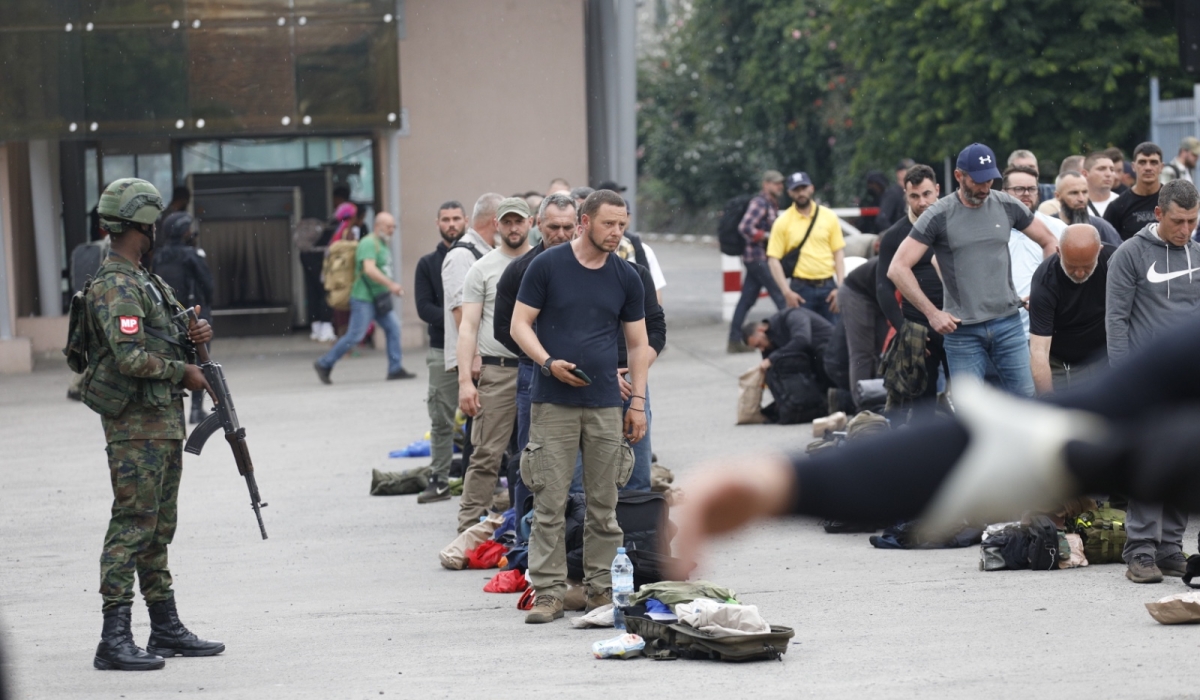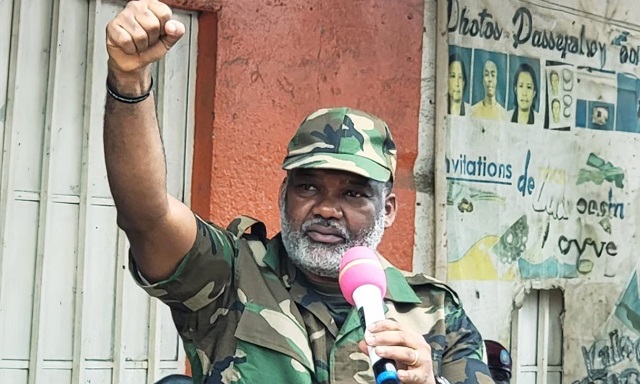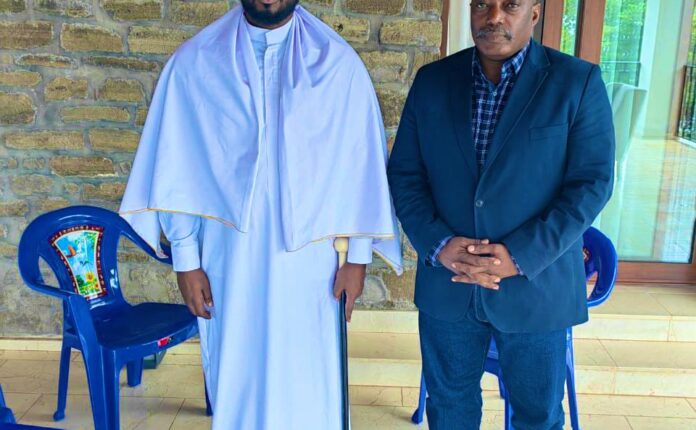Some European countries initially opposed the plan to repatriate mercenaries through Rwanda’s border to avoid embarrassment, which is why they remained silent, as stated by Gen (Rtd) James Kabarebe, the state minister in the Ministry of Foreign Affairs and International Cooperation in charge of Regional Cooperation.
Note: Company, Blog, Church websites are free.
More than 280 mercenaries were transferred through the Rwanda-DRC border at the end of January 2025 after being captured in battle by the M23 movement group.
These mercenaries, from the Romanian-based RALF group, had been fighting alongside the Armed Forces of the Democratic Republic of the Congo (FARDC) against the M23 movement group since 2022.
Gen (Rtd) James Kabarebe made these remarks during a consultative meeting organized by the Parliament on March 5, 2025, discussing the nature of genocide ideology in the region, its consequences, and strategies to combat it.
The state minister in the Ministry of Foreign Affairs and International Cooperation in charge of Regional Cooperation pointed out that the conflict in Eastern DRC involves multiple armed groups, including the FARDC, FDLR (composed of individuals responsible for the 1994 Genocide against the Tutsi in Rwanda), and SAMIRDC, as well as European mercenaries who were illegally contracted despite international law prohibiting such activities.
Gen (Rtd) James Kabarebe stated: “The international community has never spoken out about the presence of mercenaries in the DRC, even though it is a clear violation of international law. […] They even resisted allowing these mercenaries to be transferred from Goma through Rwanda on their way back. Some Western embassies here strongly opposed it, saying, ‘Make sure these individuals are not taken out of MONUSCO camps to pass through Rwanda.’ What were they afraid of? They feared embarrassment. They didn’t want to be exposed.”
The state minister further explained that these countries wanted to protect their image.
“They completely covered up for them and never wanted their presence to be known. Another issue they feared was the sight of Rwandan soldiers and police searching white-skinned individuals at the border. If these mercenaries had been Black, they would have accepted and acknowledged them. But because they were white, they concealed their presence and have never spoken about them to this day.”



